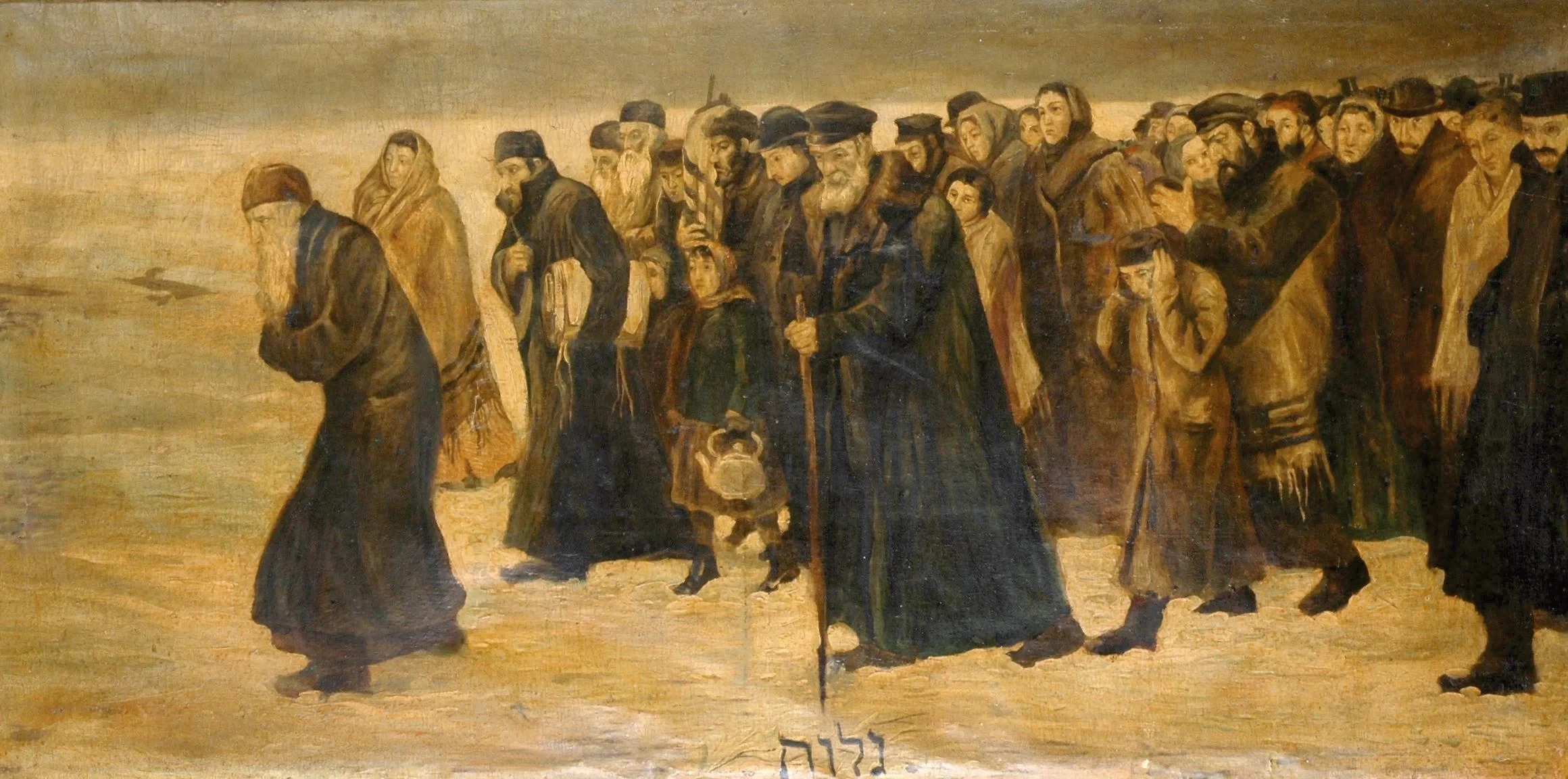“The End of Judaism” by Giorgio Agamben

The only way to make sense of what is happening today in the Middle East is to understand that Zionism by itself represents the double negation of the historical reality of Judaism. Zionism embodies the quintessence of the assimilation process, which, from the end of the XVIII century, has been erasing the Jewish identity and not only in the way that the Christian nation-state meant to the Jews. As Amnon Raz-Krakotzkin showed in his exemplary research, within the root of Zionist consciousness lays the other crucial type of negation — the negation of galut, i.e., of exile, as a shared principle known to us within all the historical forms of Judaism. The preconditions of the notion of exile emerged way before the destruction of the Second Temple and were already present in biblical literature by then. Exile is the authentic form of existence for Jews on Earth, and all the Jewish traditions, from the Mishnah to the Talmud, from a synagogue’s architecture to the recollection of biblical events, were conceived and lived from the perspective of exile. From the Jewish-Orthodox point of view, Jews who live in the state of Israel are also in exile. So, the state described in the Torah, which Jews anticipate with the coming of the Messiah, has nothing to do with the modern national state because, unlike the latter, the Messianic Age expects the reconstruction of the Temple and the restoration of the sacrifices as its fundamental elements — something that the state of Israel rejects to even hear about. Also, it’s worth remembering that exile, according to Judaism, is not just the Jewish condition but concerns the lack of the world’s integrity. Some kabbalists, like Luria, claim that exile determines the position of the divine, which created the world and exiled its own self from it; this exile will last until the advent of Tiqqun, that is, the restoration of the original order.
It is precisely that unconditional acceptance of exile with the resulting rejection of any modern form of statehood that serves as the basis for the superiority of Jews over religions and nations that compromised themselves with the state. The Jews, along with gypsies, are the only people who rejected the form of existence within a state — who did not wage wars and stain their hands with the blood of others.
By denying the historical meaning of exile and the diaspora in the name of the national state, Zionism betrayed the very essence of Judaism. Therefore, it should not be surprising that the denial of initial exile gave rise to another one — the exile of Palestinians — and led to the identification of the state of Israel with the most radically atrocious forms of the modern nation-state. The stubborn claim of history, from which the diaspora, according to the Zionists, would have excluded the Jews, follows the same path. Yet this could mean that Judaism, which did not die in Auschwitz, perhaps is now facing its end.
30 September 2024 (via www.quodlibet.it)
Translated on 03/10/2024 by Matvey Agranovskiy with reference to the Russian translation and the original.
